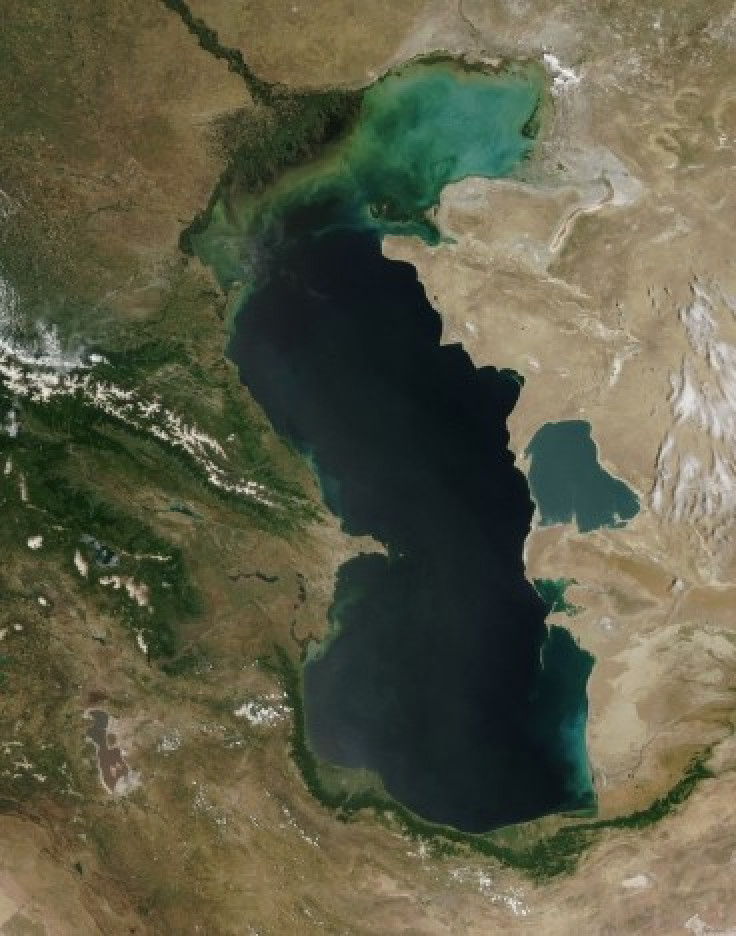Azerbaijan to be Hit by Another Massive Earthquake, Says MIT

Azerbaijan could be hit by another massive earthquake, according to a new report from the researchers of Massachusetts Institute of Technology (MIT).
The MIT and the Azerbaijan National Academy of Sciences have predicted that Azerbaijan is going to hit by another devastating earthquake. It is going to be very intense just like the pervious earthquake that happened in 1859.
In 1859, a devastating earthquake ripped through the central Azerbaijan and destroyed the whole city.
Now, the study claims that Azerbaijan will again be hit by a massive earthquake. An analysis of the data obtained from GPS monitoring stations revealed that there is a large tension building up in the area.
The data from the GPS monitoring stations throughout the area which is equipped with an antenna and solar panels records its position every 30 seconds relative to other monitoring stations. The researchers compiled measurements from multiple stations over the last 10 years and have created a velocity map that illustrates how the region's geography has shifted over time.
The team found that the region south of Baku is pushing steadily northward against the Eurasian plate. From their measurements, the researchers calculated that this tectonic convergence is occurring at a rate of 12 millimeters per year in Azerbaijan and Georgia. This clearly shows that earthquake will be horrifying.
"It doesn't take a gigantic earthquake," said Robert Reilinger, researcher at the MIT.
"It just takes bad luck. And this is an area where they can't afford it. It's an extremely vulnerable area in terms of the density of the people, the density of oil infrastructure, and the potential environmental impact regionally, not just in Azerbaijan," Reilinger added.
A study of the past seismic activity in the area revealed that Azerbaijan had a tumultuous geologic history. The country's earthquakes have mainly struck along the Caucasus Mountains, which extend from the Black Sea to the Caspian Sea.
Researchers have requested the Azerbaijan officials to set up additional GPS stations to record seismic activity and surface motions around Baku and in the Caspian Sea. They claimed that more station will help to know about the seismic activity in that area.
© Copyright IBTimes 2024. All rights reserved.





